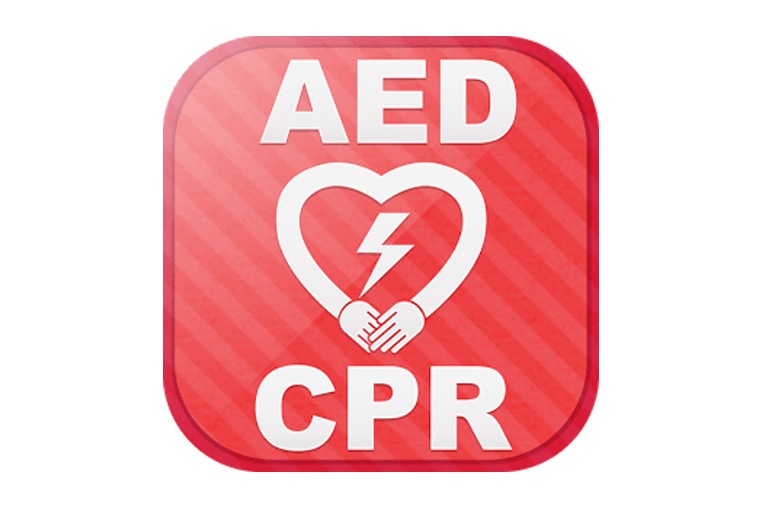First Aid Training Canberra. Book your first aid course. Learn how to treat Hypothermia. Book Today for your Free First Aid Manual.
IT’S the middle of the night and I’m wearing every piece of clothing I have with me.
The tent is frozen inside and out, with ice even building up on the inside.
Then I heard a dog barking and I open the tent. He started speeding towards me. Sorry pal, no room in here.
This was not the World Cup experience I expected. But accommodation is scarce in Rustenburg, a South African city at the foot of the Magaliesberg mountain range. A South African mate later told me that Rustenburg staging the games would be like Bathurst being a host World Cup city.
So we decided to camp for a couple of nights when the Socceroos played Ghana in the city of 100,000 during the 2010 World Cup.
How cold can it be in the north of South Africa in June? Turns out, very cold.
The night before nearly freezing, the people who ran the makeshift camp site assured us that the hot water would be connected by the morning.

40,000 people crammed into a stadium in the middle of nowhere (no it’s not Homebush).Source:Supplied
So after a sleepless night, I approach the angry woman running the show. The night before she watched the World Cup from the comfort of her warm home while we all huddled around a campfire metres away trying to keep warm.
(She got angry at one of us when we asked to use the indoor toilet).
“So you’d get that hot water hooked up?” I asked optimistically.
“Yeah, sure did.”
“Great.”
“But the pipes have now frozen, so there’s no water.”
This news didn’t go down well. Myself and the couple I’m travelling with (who considered inviting me into their tent the night before to keep warm, but assumed I’d be OK), quickly got in our cheap hire car and searched for new accommodation.
Hundreds and hundreds of dollars later, we’d booked into a proper motel and all had very long hot showers to be ready for the Socceroos game.
To many this sounds like a nightmare. Go to a country when millions more are there, fight over the limited accommodation available that is way over priced and have your destinations decided by what cities your teams draw to play games at.
But a World Cup is an experience like no other.
Later that day, we got ferried out to the stadium miles outside Rustenburg with hours to fill before the game.
There was nothing at this dust bowl apart from a few houses. No restaurants, no bars, definitely no Wi-Fi.
But a local family had opened their home up as a bar. Long necks of Castle Lager were being sold by the family’s grandmother as she sat on a table chair next to a beer-filled fridge.

Cold beer served by a grandma inside a random home.Source:Supplied
The dad was running the barbecue (or the braai as it’s called in South Africa) and it was better than any burnt sausage you’ll get in an Aussie backyard.
Aussie fans were mingling with Ghana fans in the frontyard of this makeshift bar. An impromptu game of two-up started up.

And here is the game of two-up game in full swing.Source:Supplied
That horrible sound that plagued the World Cup in South Africa made from vuvuzelas could be heard off and on as Aussies made feeble attempts to sound the horn.
Can you imagine any of this happening at a World Cup in Australia?
And that’s the beauty of going to a World Cup overseas.
You get the see the best of a country. People in the host nation want to know where you’re from and talk about football.
Any random you meet in a bar, you’ll have something to talk about.
Plus you get to watch up to three games of football a day.
And if you meet any Germans along the way, drink with them. That’s the best advice I have.
Book your first aid training today at www.canberrafirstaid.com

